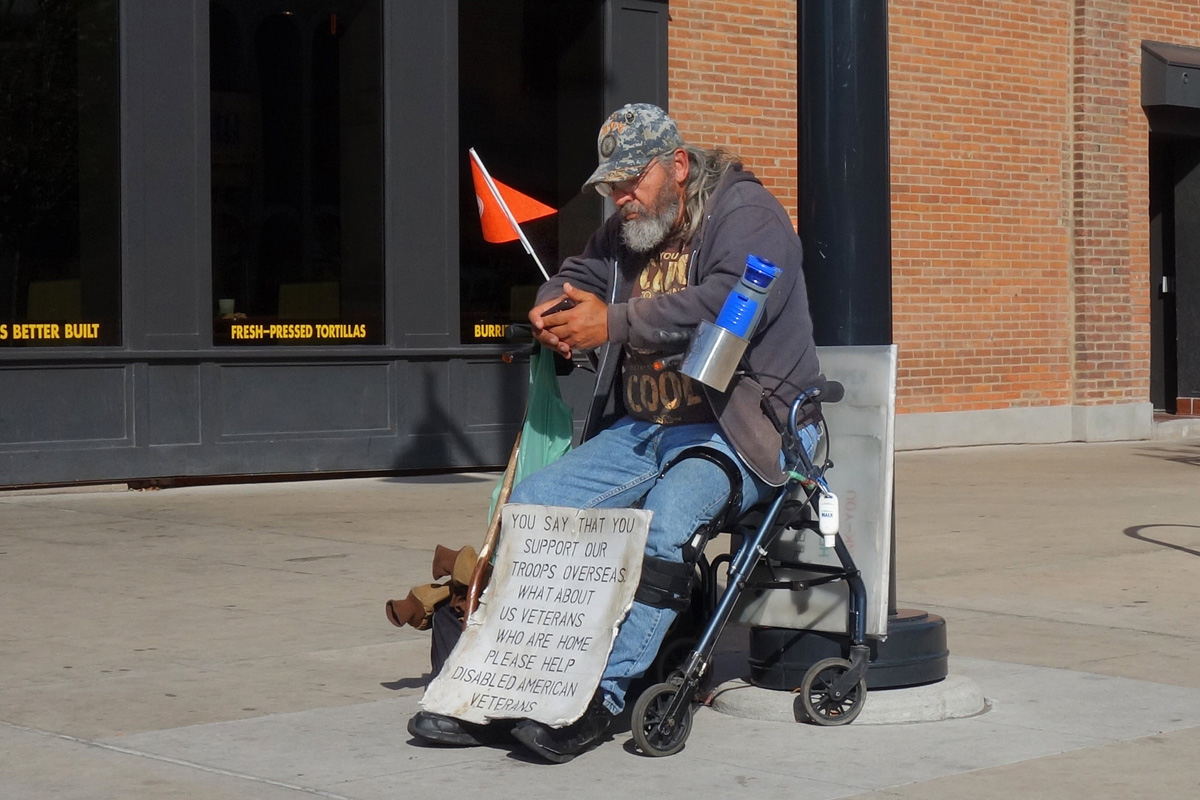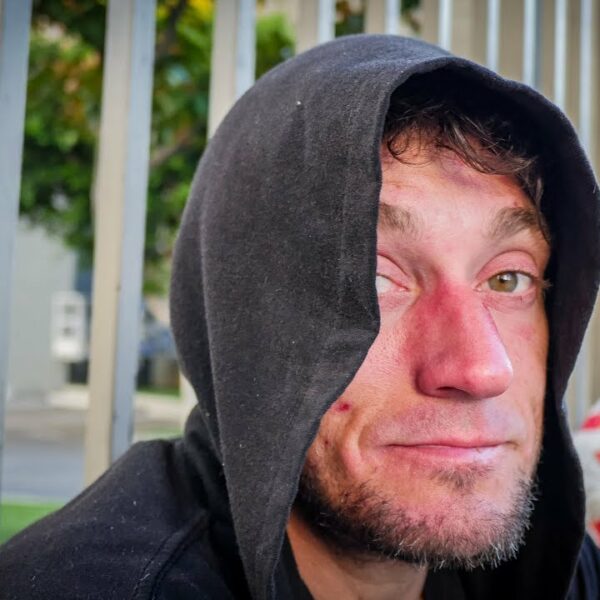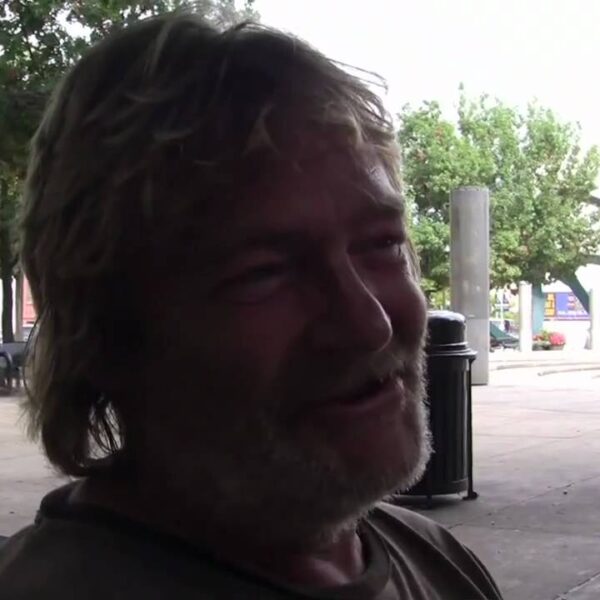Veteran homeless hits a particularly sensitive nerve for many, and for good reason. Perhaps it’s the incongruency that’s so grating—the men and women that gave so much for their country, for freedom, for a sense of justice, for what they believe in, for what we believe in, can be kicked to the curb so quickly.
For many veterans, the toll taken by combat isn’t just measured in battle scars and war stories. The emotional and psychological wounds inflicted on soldiers present real barriers as they attempt to re-enter civilian society. Compounding the issue is that many of these men and women have spent years honing skills that have little application to our day-to-day. This leaves them at a disadvantage when it comes to work opportunities. The net result of these factors is that America hosts a disproportionately high number of homeless veterans.
The US Department of Housing and Urban Development claims more than 40,000 veterans are homeless across the country. Another 1.4 million veterans are at risk of homelessness due to poverty, a lack of affordable housing and lack of support networks.
While re-entry programs exist, the obstacles of re-acclimatizing to successful civilian living seems to be a bridge too far for many veterans. And while some headway has been made in recent years, homeless advocates fear that there “could be a spike in the number of homeless veterans, a population at elevated risk for the virus.”
New Normal Anything But for Homeless Vets
It’s a phrase that we’ve been hearing a lot lately—some kind of begrudging axiom that the world has adopted. For many of us, this new normal means that we now know what WFH stands for, or wear masks when we go out. For more vulnerable sectors of society, the changes aren’t as superficial.
Millions of Americans have filed for unemployment. As of May 2020, the veteran unemployment rate came in at 9.1 percent, 6 percent higher than a year ago. These numbers aren’t going down anytime soon. In fact, the Federal Reserve expects the overall 2020 unemployment rate to end at 9.3 percent and remain elevated for some time.
For homeowners that are out of work, financial institutions have extended an olive branch of sorts. Lenders are offering mortgage relief in the form of 12-month moratoriums on payments for homeowners who qualify. However, many veterans are renters and ineligible for this type of relief. Nationally, 57.3 percent of veterans rent their homes. As unemployment figures rise, fewer veterans will be able to make the first of the month payments.
A lack of rental protection means more homeless veterans.
Another issue is the pandemic has halted work being done to house veterans. Kathryn Monet, CEO of the National Coalition for Homeless Veterans, said “more than 80 public housing authorities across the country closed or shifted to remote work.” This shift means it’s becoming more difficult for veterans to use housing vouchers from the government.
Monet implored federal agencies to restart the voucher program. “We need to do everything we can to get the voucher program moving across the country. This committee has led on this front, but we need to double down and make sure we’re putting people in permanent housing as opposed to hotels and motels.”
The National Coalition for Homeless Veterans is also looking further down the road. Monet said “many veterans are not really employed in high-earning jobs”. When the US economy reopens, veterans will be competing for jobs in a much tighter market.
What will that look like for veterans looking to get back into the market? Or those trying to pick up from where they left off pre-COVID-19? Veterans spend years honing skills that sometimes have little transitional value to civilian life. Non-veterans use those same years to pursue education or otherwise strengthen their employment portfolio. When pitted against each other, it’s not hard to see why veterans often come up short.
Veteran homelessness advocates fear that the double blow of climbing unemployment rates and dropping resources and public housing, along with a more competitive post-COVID-19 job market, creates a perfect storm that will result in more veterans without homes. What’s the fix?
Refuge from this storm won’t come cheap. Monet pleaded with Congress to allocate an extra $1.34 billion towards programs that serve homeless veterans.













